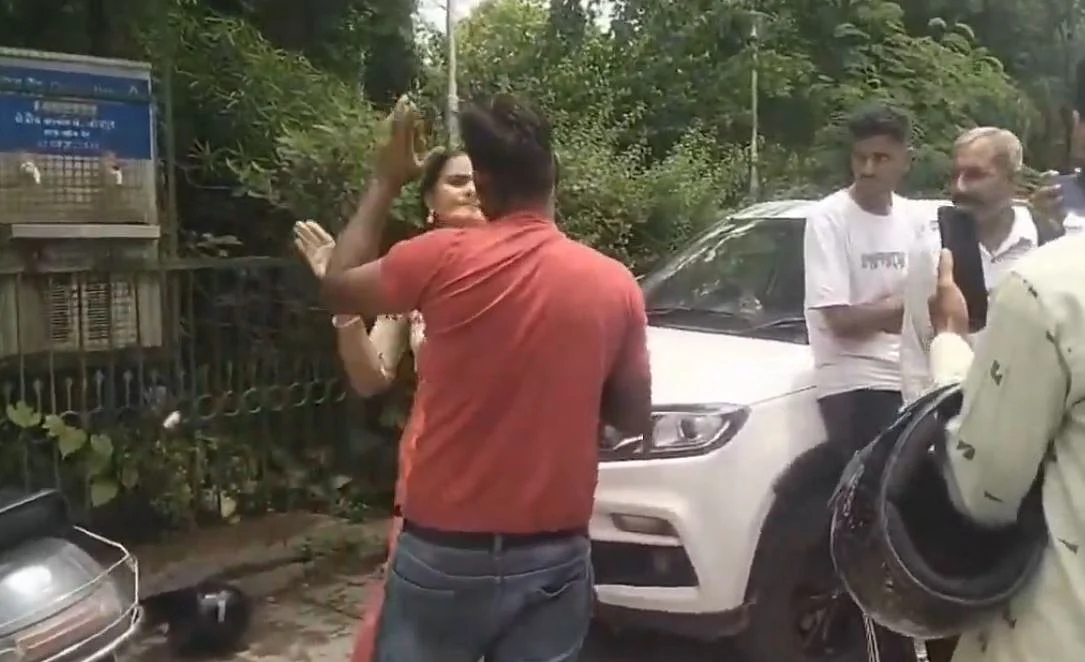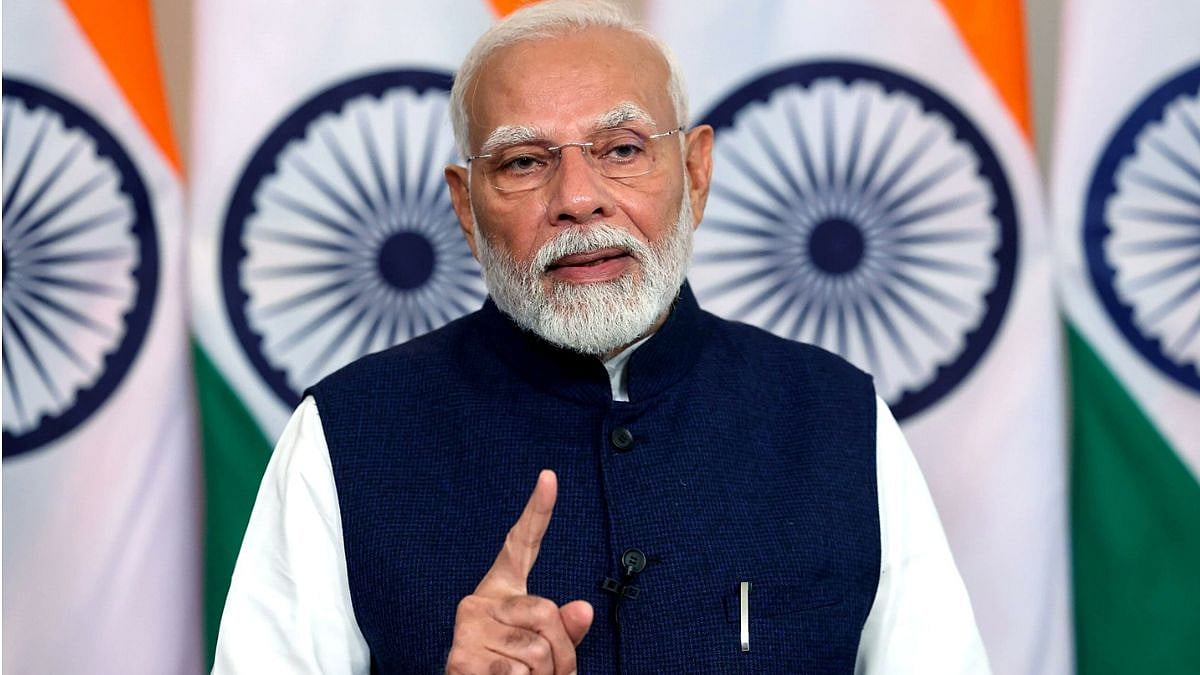BJP’s ideological parent Rashtriya Swayamsevak Sangh (RSS) Sarsanghchalak Mohan Bhagwat has stirred a hornet's nest at a time when the party is preparing to go full throttle for the Assembly elections leading upto the Lok Sabha polls. Bhagwat on September 6 created ripples when he said that reservations should continue for as long as there is discrimination in society. He said, and I quote, “We kept our own fellow human beings behind in the social system. We did not care for them, and it continued for 2000 years. Until we provide them equality, some special remedies have to be there, and reservations is one of them. Hence, reservations have to continue till there is such discrimination. We at the RSS give all support to the reservations provided in the Constitution.”

This statement was a departure from Bhagwat’s earlier position articulated eight years ago, when he had called for a review of the system of quotas. Bhagwat’s 2015 statement had cost BJP dearly during Bihar assembly elections upsetting the political dynamics. Now that Bhagwat has made a U-turn on reservation, shouldn’t his statement be taken with a pinch of salt? Should people trust what the RSS chief says, given the inconsistent statements he has made in the past? Some time ago he said that a time will come when India will become a Hindu Rashtra; then after some time he said India is already a Hindu Rashtra. While Bhagwat goes back and forth, the RSS continues to bare itself as an organisation which doesn't know how to deal with its own contradictions. While he raises the pitch on reservation Bhagwat does not repudiate the varna system, neither does he say that he is ready to junk it. Though last year in one of his addresses Bhagwat did say that the varna system should be completely abolished. While Bhagwat projects himself as a master of inconsistencies, he looks helpless in dealing with the caste system, exactly like his predecessors. Former Sarsanghchalak MS Golwalkar in a 1969 interview to Marathi newspaper Navka had said that the varna system is internal, it cannot be removed, and is essential for sustaining the Hindu way. Similarly Balasaheb Deoras in his address to Vyakhan Mala in Pune spoke about breaking the barriers of the caste system but till date the RSS seems to have no answers for how to tackle caste and reservation — and in 2025 it will be celebrating its centenary.
So the next question is, why did Bhagwat make this statement on reservation? Should it be deemed as a review or a remark made out of electoral compulsions to woo the backward voters, or is there an effort to sound socially and politically correct? Perhaps all these reasons could encompass what Bhagwat wanted to illustrate at a time when the I.N.D.I.A alliance is enhancing the discourse on social justice, DMK leader Udaynidhi Stalin questioning the basics of inequality inherent in Sanatan Dharma centred around Brahminical hegemony, JDU minister from Bihar questioning the Valmiki Ramayana, Nitish Kumar making caste census an electoral issue, Bhagwat seemingly wants to talk about historical injustices done to the underprivileged, raking up the 2000 years versus 200 years narrative, and with this he is trying to salvage his position individually and organisationally, also focusing on not upsetting the BJP applecart in the forthcoming elections in Madhya Pradesh, Rajasthan, Chattisgarh and Mizoram with an eye to luring backward-class voters into the fold. Somewhere, the realisation is that BJP’s social engineering is not working the way it should. Bhagwat’s timing of the reservation remark coincides also with the Maratha agitation getting revived in Maharashtra; is he trying to douse the agitation embers in Marathaland? And is he giving oblique signals to the Centre and the Eknath Shinde government? The probability cannot be ruled out.
Despite the presumptive and compulsive reasons, the prickly question lingers — will people on the ground believe Bhagwat's commitment to social justice? Well, serious doubts about that. Some glaring examples of RSS nonchalance: no word of condemnation on Rohit Vemula murder, or the rape of the Dalit victim in Hathras, Muslim boy beaten for drinking water from a Hindu temple, RSS mum on intercaste marriages and the double standards steeped within the RSS echelons, which look like a complete Brahminical order with no person from a lower caste. It’s very clear that the return of Mandal politics has left the RSS rattled, and it is trying to find answers and to look relevant in the context of identity assertion politics. This is the reason why Bhagwat wants to tell the world now that reservation isn’t a poverty alleviation programme but to give voice to those who live on the margins of society. The RSS makes statements without giving a roadmap of actions, and that’s the reason people say there’s a difference between the cup and the lip.
Beyond this matrix, Bhagwat and the RSS are also haunted by the rising cult of Prime Minister Narendra Modi, which has left its ideological parent dwarfed as the younger brother to the BJP now, whereas the scenario was just the opposite before 2014. Modi’s rising power forces Bhagwat to strike these discordant notes from time to time to make BJP a little uncomfortable. PM Modi in a recent cabinet meeting told all his cabinet ministers to give a befitting reply to the Sanatan Dharma controversy and not let it be eclipsed by any other issue. So Bhagwat’s talk on reservation continuity looks jarring from the BJP’s perspective. But one cannot miss the timing — when New Delhi was all decked up for the G20 summit, the RSS tried to make the right noises and look internationally relevant as well.
Neelu Vyas is a senior television anchor and consulting editor with Satya Hindi. Twitter: @neeluopines











